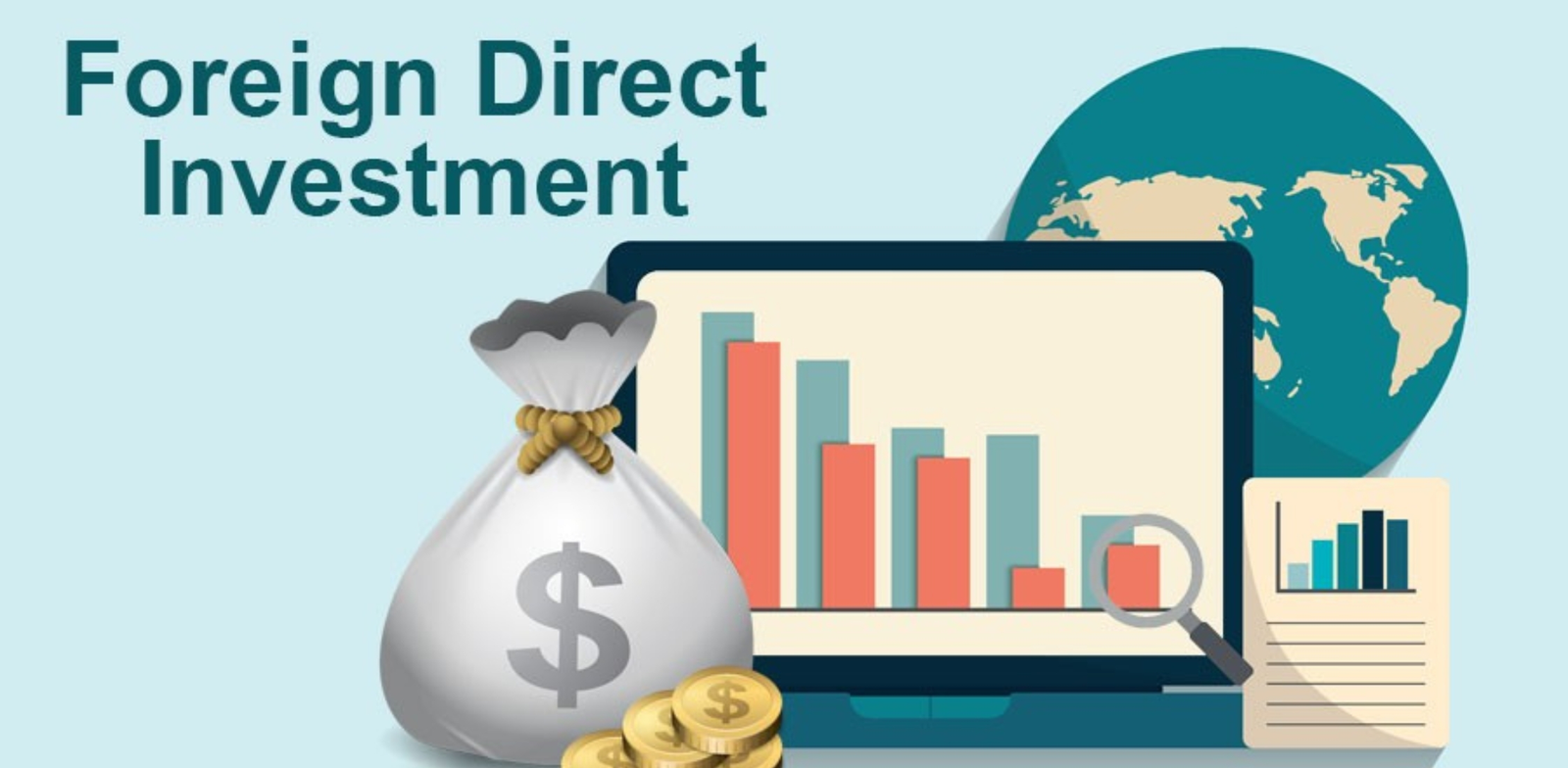Now Reading: Demand Trends 2025: Why Everyone’s Buying Differently This Year
-
01
Demand Trends 2025: Why Everyone’s Buying Differently This Year
Demand Trends 2025: Why Everyone’s Buying Differently This Year

As we move deeper into the decade, 2025 is already shaping up to be a transformative year for global markets. From the rise of digital lifestyles to the growing appetite for sustainable living, demand trends in 2025 are redefining how companies, investors, and governments respond to consumer behavior.
This article explores the biggest demand trends expected to shape the economy in 2025, focusing on technology, housing, sustainability, health, and experience-driven consumption. Whether you’re a business owner, entrepreneur, or market observer, these trends offer valuable insights for staying relevant and profitable.
1. Digital-First Lifestyles Drive New Consumption Patterns

The world is now fully digital. In 2025, more than 70% of global consumers interact with brands online before making a purchase. From online education and AI-powered customer service to metaverse commerce and remote working tools, digital-first living is no longer a trend it’s the default.
Top Drivers:
- Growing use of generative AI in daily life
- Rising number of digital nomads and remote professionals
- Smart home technology becoming mainstream
Business Response:
Companies are investing in more immersive and personalized online experiences. Expect major brands to launch virtual stores, AI shopping assistants, and subscription-based services that are both intuitive and tailored.
2. Green Products and Ethical Choices Surge
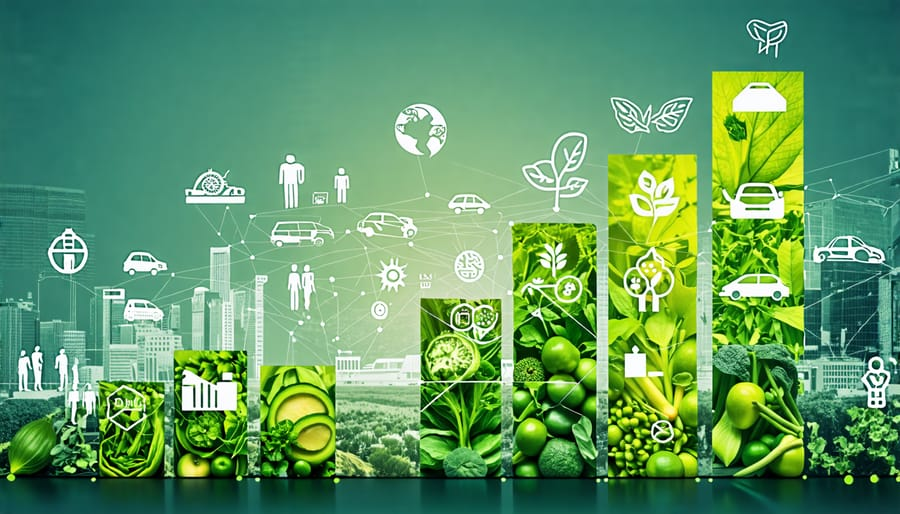
Sustainability is no longer optional. By 2025, over 65% of consumers say they prefer eco-friendly brands—even if it costs more. Demand for clean energy solutions, organic products, recyclable packaging, and carbon-neutral delivery options is accelerating.
Hot Products in 2025:
- Solar-powered gadgets and appliances
- Plant-based foods and drinks
- Electric vehicles (EVs) and home EV chargers
- Eco-travel and low-carbon holiday packages
Implication:
Brands that can prove transparency, ethical sourcing, and low environmental impact will win long-term customer loyalty.
3. Health and Wellness Dominate Spending Priorities
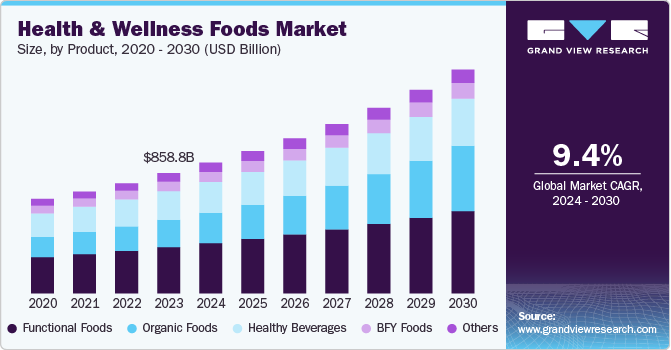
Health is wealth in 2025. Post-pandemic awareness, aging populations, and digital health tools have pushed wellness to the top of consumer priorities.
What’s in High Demand:
- Mental health apps and virtual therapy
- Nutritional supplements and functional foods
- Personalized fitness subscriptions
- Biohacking and longevity services
Insight:
People are spending more on preventive care and mental well-being. Brands in this space must offer scientific credibility and strong user engagement.
4. Experience Over Ownership Is the New Norm
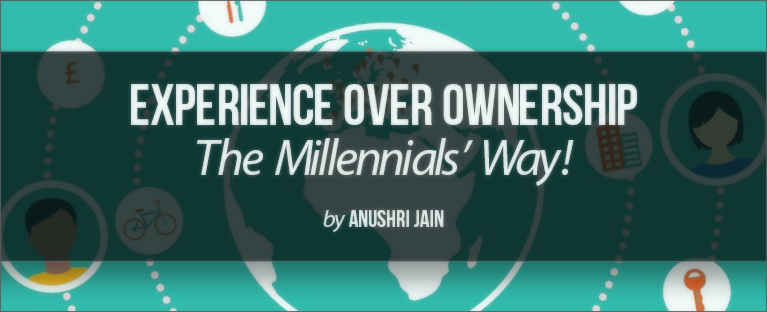
Young consumers, especially Gen Z and Millennials, continue to prioritize experiences over material goods. This shift is redefining value and reshaping the business models of industries like travel, real estate, and entertainment.
Emerging Models:
- Subscription homes (furnished rentals with flexible leases)
- Adventure-based travel bookings
- Event-based shopping and pop-up stores
- Co-living and co-working spaces
Why It Matters:
Access is valued more than ownership. Companies offering convenience, flexibility, and unique experiences will thrive.
5. AI-Powered Personalization Redefines Retail
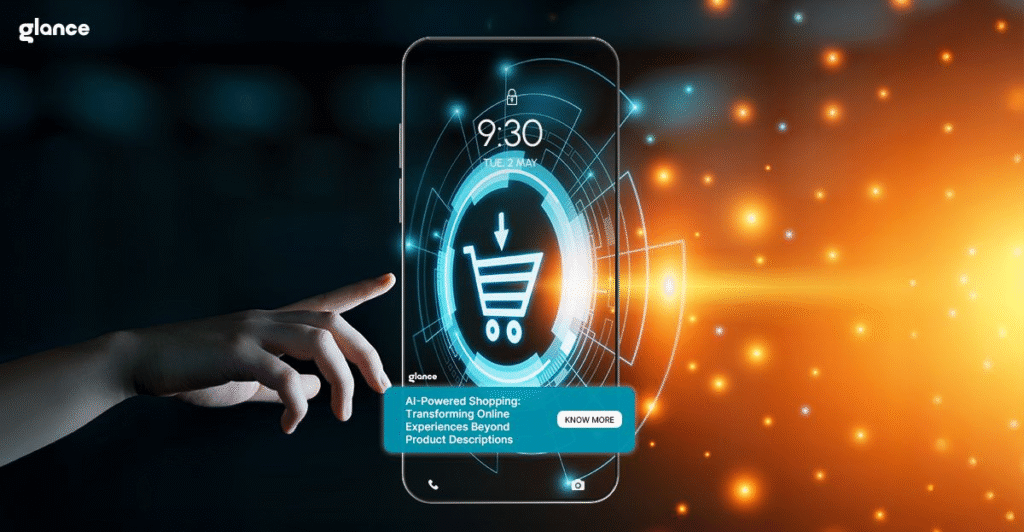
Artificial Intelligence is creating hyper-personalized customer journeys in retail. From fashion to food delivery, AI is enabling tailored recommendations, dynamic pricing, and predictive shopping.
Top Features in 2025 Retail:
- Smart mirrors in fitting rooms
- AI-driven product suggestions
- Voice-assisted shopping carts
- Personalized subscription boxes
Stat Watch:
Retailers using AI report 20-35% higher conversion rates compared to traditional e-commerce.
6. Rise of Local and Made-in-Home Products

As global supply chains remain unpredictable, demand for local products and services is increasing. Consumers are supporting community-based businesses and embracing locally manufactured goods.
Notable Segments:
- Handmade and artisanal crafts
- Local farm-to-table foods
- Regional fashion and design brands
- Hyper-local delivery and logistics
Trend Insight:
“Made locally” is now a premium label. It signals trust, quality, and community values.
7. Resurgence in Real Estate and Remote Living

With more people working from anywhere, real estate demand is shifting. Suburban and rural properties with space, nature, and high-speed internet are more popular than ever.
Top Choices:
- Smart homes in nature-rich areas
- Mixed-use buildings with coworking zones
- Properties in Tier-2 and Tier-3 cities
- Affordable co-living options for digital nomads
Market Trend:
People want comfort, connectivity, and flexibility. This opens doors for innovative developers and agents.
8. Education Goes Skill-Based and Modular
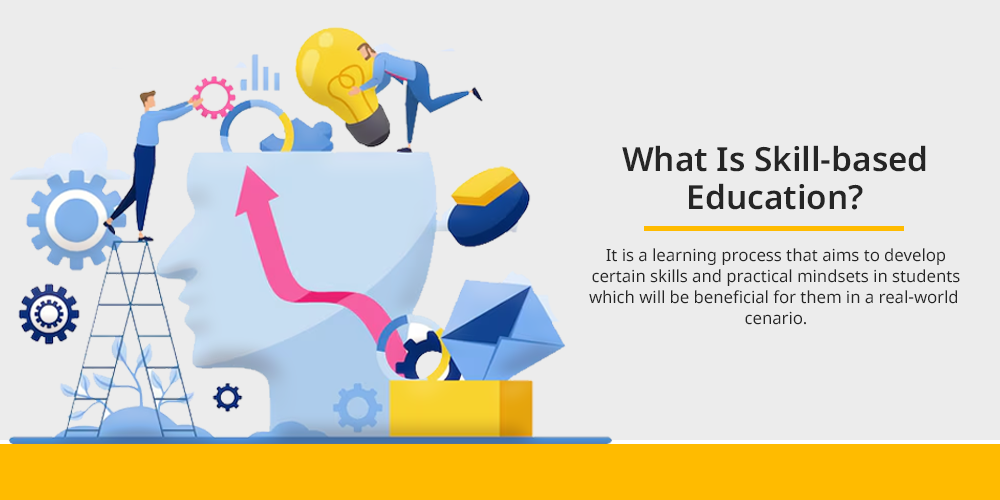
Traditional degrees are being replaced by short, skill-based learning. Online platforms and ed-tech companies are experiencing record demand as people seek real-world, employable skills.
In-Demand Skills:
- AI and data science
- Digital marketing
- Creative design and video editing
- Coding and app development
New Formats:
- Microlearning on mobile
- Gamified courses
- Mentorship-based learning
For Businesses:
Investing in employee upskilling is now essential—not optional.
Final Thoughts
The demand trends of 2025 are a mix of digital, ethical, and experiential values. Today’s consumers are more informed, more conscious, and more connected than ever. They expect more from brands—and are willing to pay for it.
To succeed, businesses must embrace technology, champion sustainability, deliver real value, and offer personal experiences. Those who listen to consumer behavior in 2025 will not just survive they’ll thrive.
Read More:- Deyaar’s Latest Announcement Shakes Up the UAE Property Market




